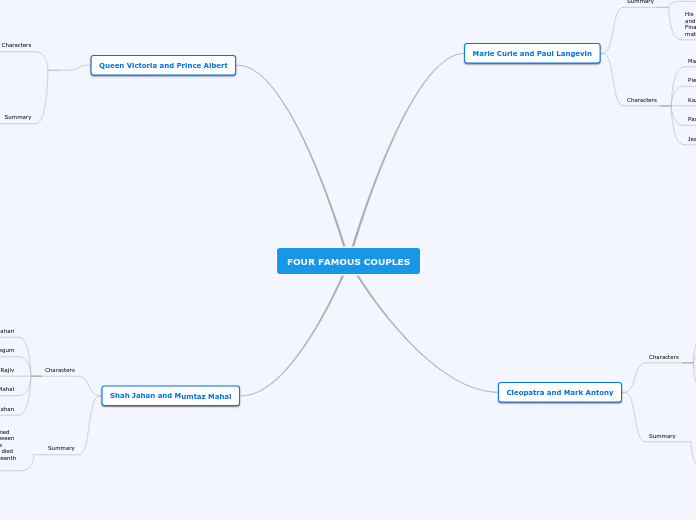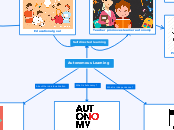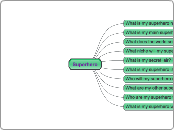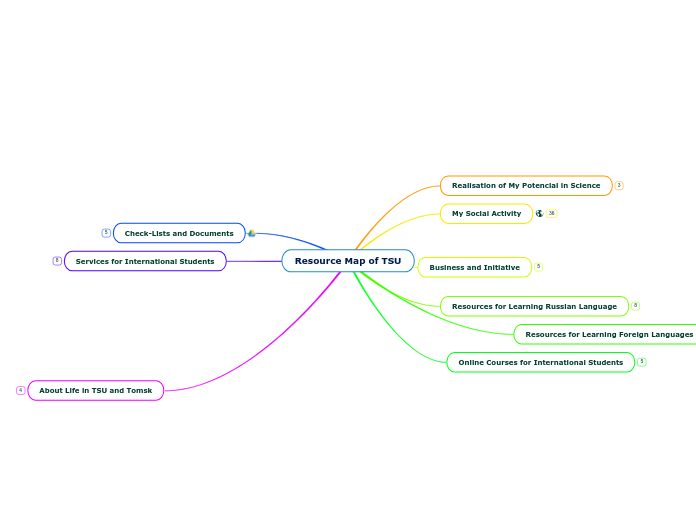作者:Jasmine Green 4 年以前
241
Early childhood science assessments.By: Jasmine Garner, Jasmine Green, and Chasity Daniel
Utilizing various methods of assessment in early childhood science education is essential to cater to different learning styles and provide a comprehensive understanding of scientific concepts.









